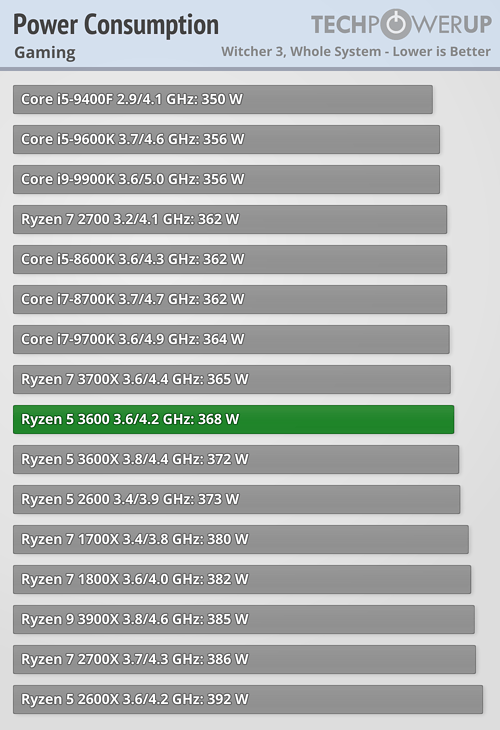Hello,
I just got the components to build my very first gaming pc.
For the PSU I got Seasonic Core gx-550 (550w) 80+ gold. (This core naming -with asus tuf alliance logo- is kind of new and only in certain markets apparently)
For the components Here's what I got :
-Ryzen 5 3600x
-MSI RTX 2070 super gaming Z trio
-2x8gb corsair 3200 lpx
-1x480gb nvme corsair mp510
-1tb 2.5 sata 3 hdd 7200rpm
-Asus tuf b450m-gaming plus
-2x120mm non rgb fans
-1x140mm non rgb fan
-A gaming keyboard and mouse
-15 cm rgb strip
-24 inch IPS LCD
According to multiple psu calculators, 550 should be fine.
On outervision calculator I got a maximum load of 490 w , with a recommendation for a 540 watts PSU.
What concerns me is that on the packaging of the GPU and on MSI's website they recommend a 650 watt psu as a minimum! (I know tha gaming z trio has an overclocked memory and core by default but 650W is absurdly high)
What do you think ? Is it SAFE/enough to use it ? ; If I opened the psu package I won't be able to refund it.
P.S.: Things are expensive here, that seasonic psu cost me >120USD . So Should I splash extra and get a corsair rm750i (750 watts) which almost costs an extra 100$ (I mentioned the 750 one because the 650 is only like 15-20 $ cheaper)
Thanks
I just got the components to build my very first gaming pc.
For the PSU I got Seasonic Core gx-550 (550w) 80+ gold. (This core naming -with asus tuf alliance logo- is kind of new and only in certain markets apparently)
For the components Here's what I got :
-Ryzen 5 3600x
-MSI RTX 2070 super gaming Z trio
-2x8gb corsair 3200 lpx
-1x480gb nvme corsair mp510
-1tb 2.5 sata 3 hdd 7200rpm
-Asus tuf b450m-gaming plus
-2x120mm non rgb fans
-1x140mm non rgb fan
-A gaming keyboard and mouse
-15 cm rgb strip
-24 inch IPS LCD
According to multiple psu calculators, 550 should be fine.
On outervision calculator I got a maximum load of 490 w , with a recommendation for a 540 watts PSU.
What concerns me is that on the packaging of the GPU and on MSI's website they recommend a 650 watt psu as a minimum! (I know tha gaming z trio has an overclocked memory and core by default but 650W is absurdly high)
What do you think ? Is it SAFE/enough to use it ? ; If I opened the psu package I won't be able to refund it.
P.S.: Things are expensive here, that seasonic psu cost me >120USD . So Should I splash extra and get a corsair rm750i (750 watts) which almost costs an extra 100$ (I mentioned the 750 one because the 650 is only like 15-20 $ cheaper)
Thanks



 .
. and don't mention it, as I said above its a pretty easy equation that I have more or less memorized. Doesn't take much effort!
and don't mention it, as I said above its a pretty easy equation that I have more or less memorized. Doesn't take much effort!



 It takes algebra to do this right!
It takes algebra to do this right!